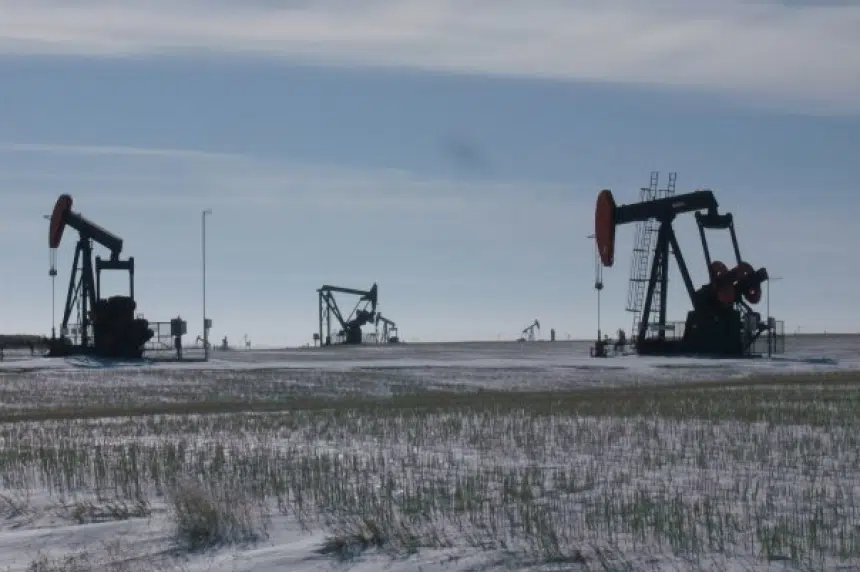More and more oil rigs are moving from Canada to the U.S., but Saskatchewan’s oilpatch is continuing on with business as usual.
Mark Salkeld, president and CEO of the Petroleum Services Association of Canada, outlined the reasons many Canadian rigs have been heading south.
“More work and more aggressive operations,” he said about oil-rich U.S. states like Texas.
Salkeld also pointed to a more favourable regulatory environment as a draw for Canadian drillers.
“There’s no issues with respect of getting the job done, getting licenses, permitting, access to tidewater, all the things we’re sort of lacking in Canada.”
Mark Scholz, president of the Canadian Association of Oilwell Drilling Contractors, said getting pipelines built remains the biggest long-term problem facing Canada’s oil industry.
“Right now we’re seeing still significant discounts with the most responsible energy products in the world that are being produced here in Canada because we don’t have sufficient access to international markets.”
But while the rigs are moving south, Salkeld said he doesn’t expect the trend to bite too hard in Saskatchewan.
“There’s a lot of work going on, it’s not back to full capacity like we’ve seen in the past, but between the top three and four operators in Saskatchewan, they’re keeping the rigs busy.”
He said bigger, more technologically advanced rigs have generally been the ones to move to the U.S., while rigs in Saskatchewan are smaller and simpler because the province’s oil can be found and retrieved more easily.
Scholz said Canada is seeing more drilling activity than it has in three-and-a-half years, but profit margins remain slim.
He said Canada’s rig count could fall to 600 over the next year, down from nearly 900 in 2014.











